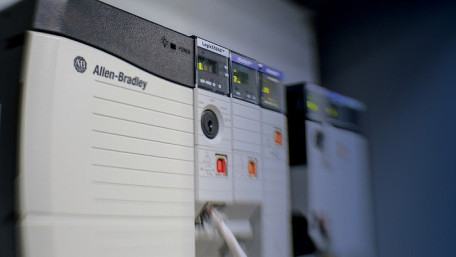
Credited with coining the name ‘PLC’, Allen-Bradley and parent company Rockwell Automation are major players in the world of control systems. Learn how the…
Credited with coining the name ‘PLC’, Allen-Bradley and parent company Rockwell Automation are major players in the world of control systems. Learn how the hardware platforms have evolved into the familiar modern configurations.
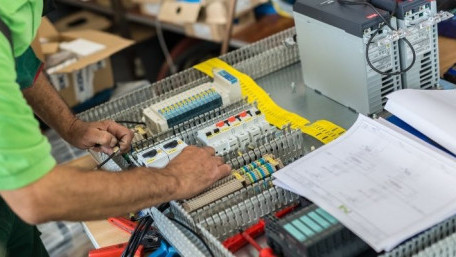
Power supplies tend to get a reputation as one of the most important power considerations of a DC control circuit - but…
Power supplies tend to get a reputation as one of the most important power considerations of a DC control circuit - but we can’t ignore other key players: power filters, converters, and backup power modules.
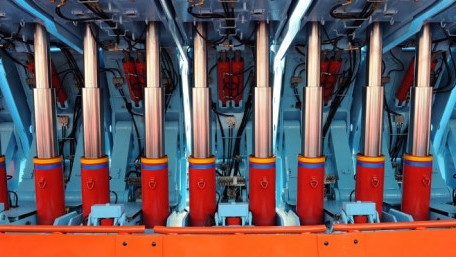
What if you could control the end position and the speed of a hydraulic actuator accurately with just a simple signal?…
What if you could control the end position and the speed of a hydraulic actuator accurately with just a simple signal? Some systems use simple open/close valves, but others require far more precision.
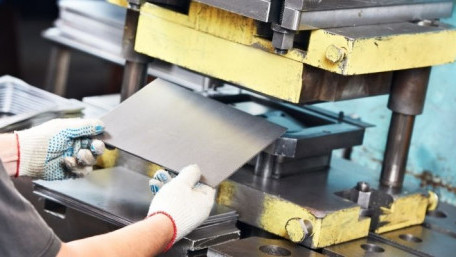
In honor of May the 4th, Star Wars Day, we compare the sources and applications of the two most common force-delivery…
In honor of May the 4th, Star Wars Day, we compare the sources and applications of the two most common force-delivery systems - mechanical and hydraulic.
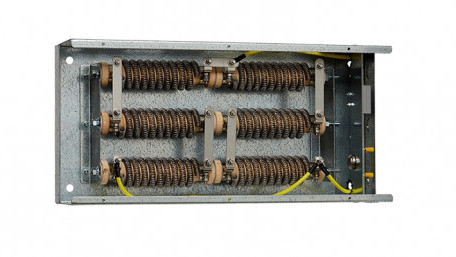
Large DC and AC motor drives often provide terminals for installing a braking resistor. What are these resistors, and how…
Large DC and AC motor drives often provide terminals for installing a braking resistor. What are these resistors, and how do they slow down a machine? What hazards and cautions must be considered?
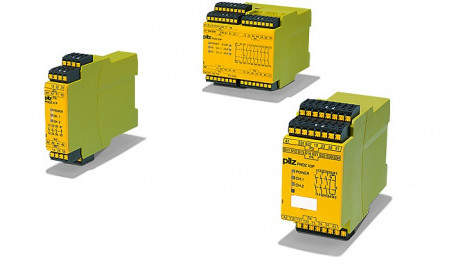
Redundancy and safety are often seen together in industrial safety systems. Safety relays monitor emergency devices to…
Redundancy and safety are often seen together in industrial safety systems. Safety relays monitor emergency devices to switch contacts based on status - but what makes them different from normal relays?
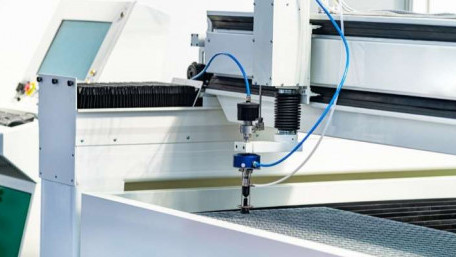
Linear position sensors are used in electrical and fluid-actuated motion devices. They allow extremely precise position,…
Linear position sensors are used in electrical and fluid-actuated motion devices. They allow extremely precise position, velocity, and acceleration control, and provide feedback to ensure product quality and tolerance compliance.
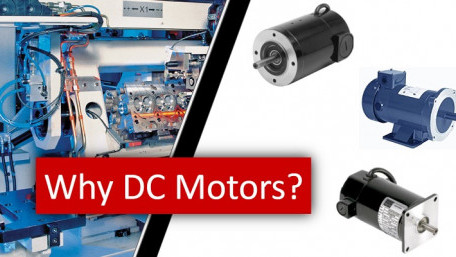
AC motors are common throughout industry - easily controlled by VFDs and without the maintenance that comes with DC…
AC motors are common throughout industry - easily controlled by VFDs and without the maintenance that comes with DC brushes. So then, why are DC motors still used in certain applications?
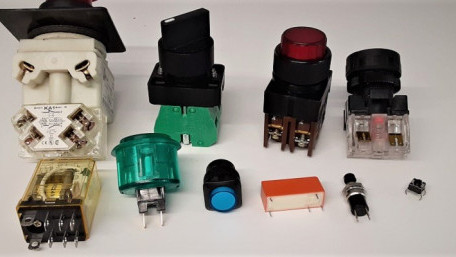
Before digital control systems, responses were fairly slow. Push a button, and a motor contactor engaged. These days, the…
Before digital control systems, responses were fairly slow. Push a button, and a motor contactor engaged. These days, the speed of computers introduces some new challenges but brings solutions as well.
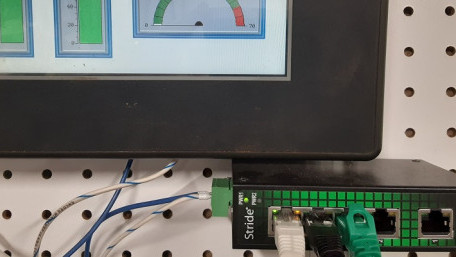
Modbus is a communication protocol stemming from the early days of Modicon PLCs, but is still common today. These two…
Modbus is a communication protocol stemming from the early days of Modicon PLCs, but is still common today. These two example implementations of Modbus transactions will get you started.
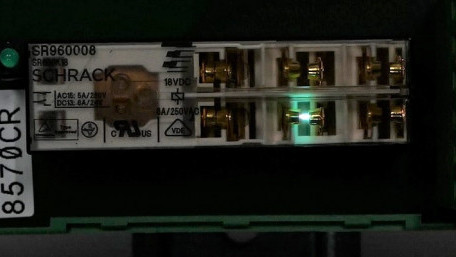
Inductive loads, such as solenoids and contactors, can cause arcs and failures back into electromechanical switching…
Inductive loads, such as solenoids and contactors, can cause arcs and failures back into electromechanical switching devices, causing costly downtime. The solution is cheaper than you think.
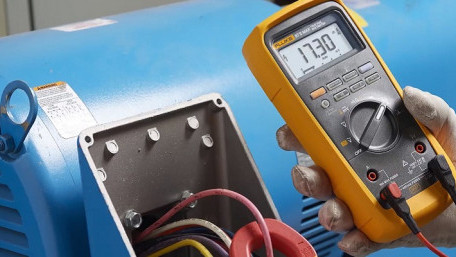
Analog and digital multimeters have both enjoyed popularity in different generations of electrical systems. What is…
Analog and digital multimeters have both enjoyed popularity in different generations of electrical systems. What is unique about the analog meters, and in what situations might they be preferred over their digital counterparts?

Learn how control charts are used in statistical process control (SPC) to show how a process changes with time as…
Learn how control charts are used in statistical process control (SPC) to show how a process changes with time as compared to past measurements, providing reliable visualizations for data-driven decisions.
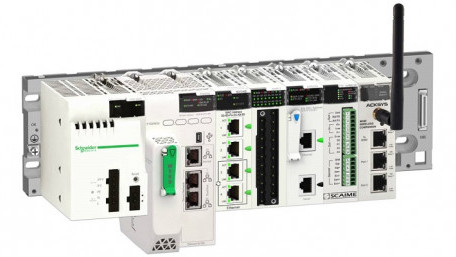
What is a PLC? This article will lay out a succinct definition of a programmable logic controller and explain its basic…
What is a PLC? This article will lay out a succinct definition of a programmable logic controller and explain its basic components.
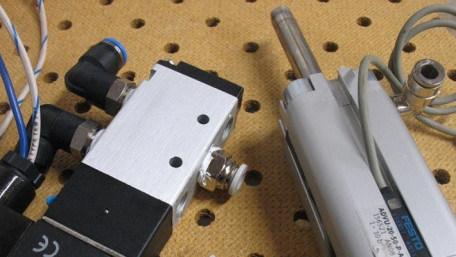
Pressure and flow rate are terms used in all areas of hydraulic and pneumatic systems. Learn the definition and science…
Pressure and flow rate are terms used in all areas of hydraulic and pneumatic systems. Learn the definition and science of these terms, and the reason they are so important within industry.
Any industrial electrician can instantly recognize a relay, but when it comes to wiring, why are the terminals numbered…
Any industrial electrician can instantly recognize a relay, but when it comes to wiring, why are the terminals numbered in such apparently random order?
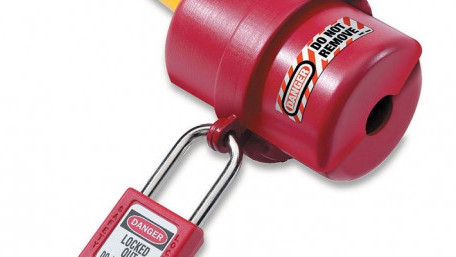
One of the most visible elements of industrial safety is the use of lock-out-tag-out (LOTO) devices, familiar to those…
One of the most visible elements of industrial safety is the use of lock-out-tag-out (LOTO) devices, familiar to those with experience. But, if you are new to the workforce, a brief introduction may be helpful.
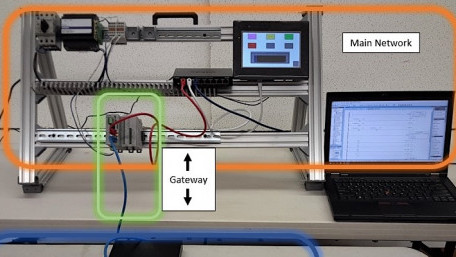
This article teaches the basics of gateways in industrial networks and PLC-to-PLC communication.
This article teaches the basics of gateways in industrial networks and PLC-to-PLC communication.
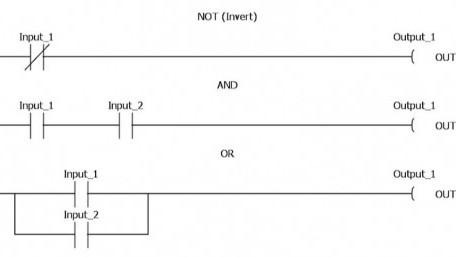
Ladder diagrams, or ladder logic, is a popular programming language used for PLCs. Programmers can utilize boolean logic…
Ladder diagrams, or ladder logic, is a popular programming language used for PLCs. Programmers can utilize boolean logic as a base for their ladder diagrams. Learn the basics and structures for boolean logic.
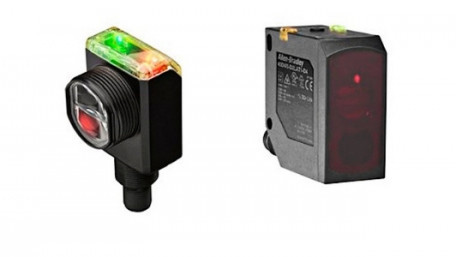
Smart sensors differ from traditional sensors in that they offer benefits such as self-diagnostics, simplified wiring and…
Smart sensors differ from traditional sensors in that they offer benefits such as self-diagnostics, simplified wiring and communication, and more efficient remote monitoring.
